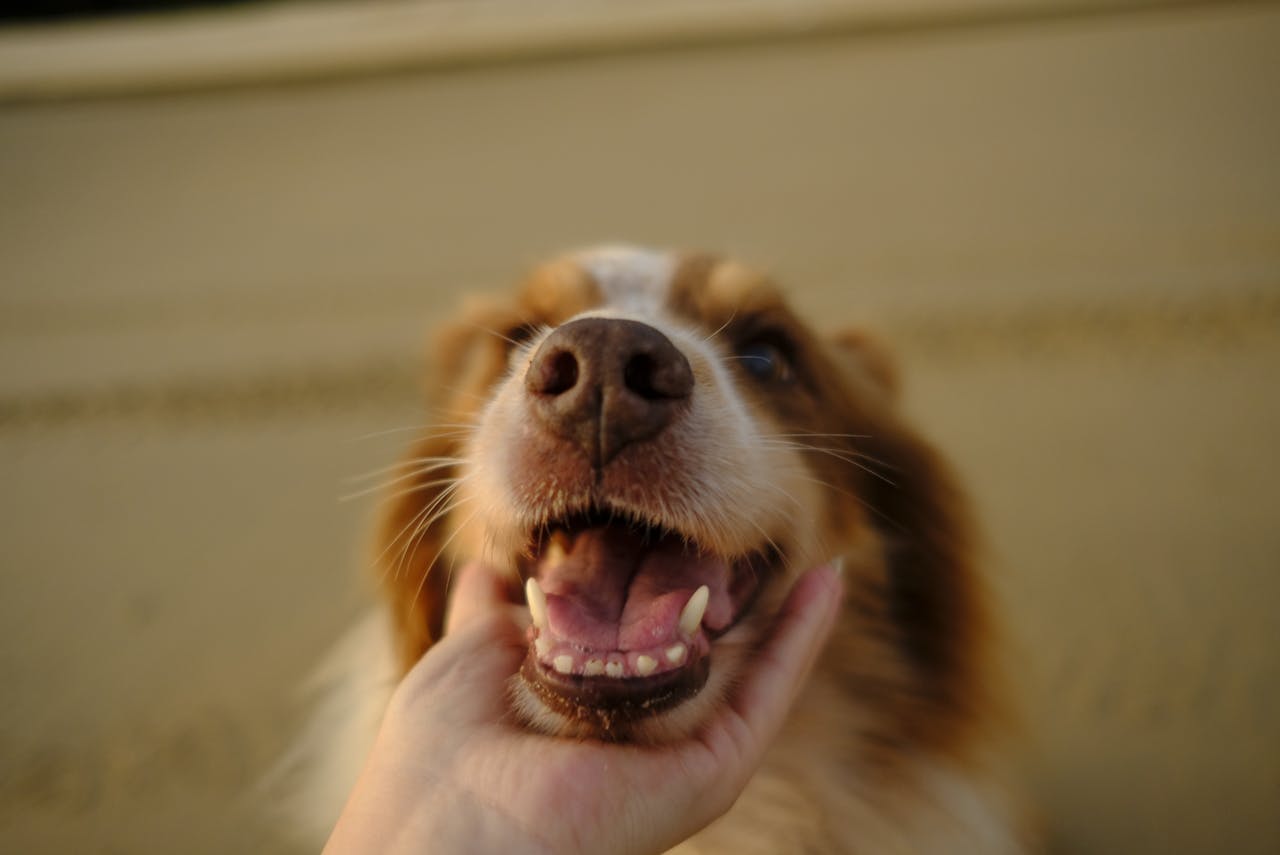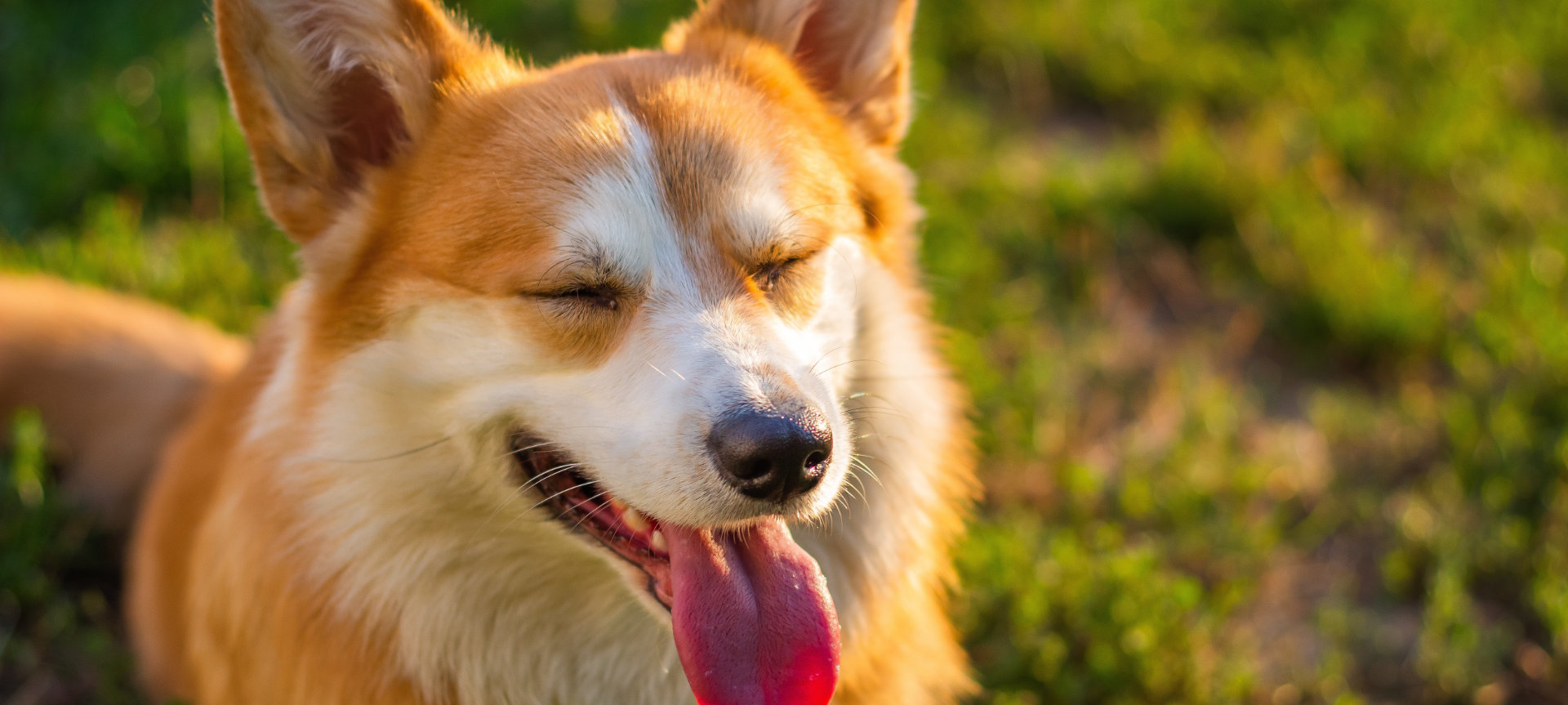
26 Apr Should I Be Concerned About My Dog’s Yellow Teeth
Yellow teeth in dogs are often caused by the accumulation of plaque and tartar on the tooth surface. Plaque is a sticky film composed of bacteria, saliva, and food particles that form on the teeth. If not removed through regular brushing or professional cleanings, plaque hardens into tartar, which appears yellow or brownish in color.
Common Causes of Yellow Teeth in Dogs
- Poor Oral Hygiene: Lack of regular brushing and dental care can lead to plaque and tartar buildup, resulting in yellowing teeth.
- Diet: Certain foods and treats, particularly those high in sugars or dyes, can contribute to tooth discoloration over time.
- Age: As dogs age, their teeth naturally accumulate more stains and tartar, leading to yellowing.
- Dental Disease: Yellow teeth can sometimes indicate underlying dental issues such as gingivitis, periodontal disease, or tooth decay.
Signs of Dental Problems
While yellow teeth alone might not always indicate a dental problem, other signs to watch out for include:
- Bad breath (halitosis)
- Red, swollen, or bleeding gums
- Difficulty eating or chewing
- Excessive drooling
- Pawing at the mouth
- Loose or missing teeth
- Changes in behavior or appetite
When to Consult Your Veterinarian
If you notice yellowing teeth accompanied by any of the signs mentioned above, it’s essential to consult your veterinarian promptly. They can perform a thorough dental examination to assess your dog’s oral health and determine the underlying cause of the yellowing. Depending on their findings, they may recommend professional dental cleaning, dental X-rays, or other treatments to address any dental issues.
Preventing Yellow Teeth in Dogs
- Regular Brushing: Brushing your dog’s teeth regularly with a dog-specific toothpaste can help prevent plaque and tartar buildup, reducing the risk of yellowing teeth and dental disease.
- Dental Treats and Toys: Offering dental treats or toys designed to promote oral health can help remove plaque and tartar while providing mental stimulation for your dog.
- Veterinary Check-ups: Schedule routine dental check-ups with your veterinarian to monitor your dog’s oral health and address any issues early on.
Dog Dentist Knoxville
In conclusion, while yellow teeth in dogs might not always be a cause for immediate concern, they can indicate underlying dental problems that require attention. By understanding the common causes of yellowing teeth and staying vigilant for signs of dental disease, you can help maintain your dog’s oral health and overall well-being. Regular dental care, including brushing, veterinary check-ups, and appropriate dental treatments, is key to keeping your furry friend’s smile bright and healthy. And remember, a healthy mouth leads to a happy dog!
Photo from Pexels




